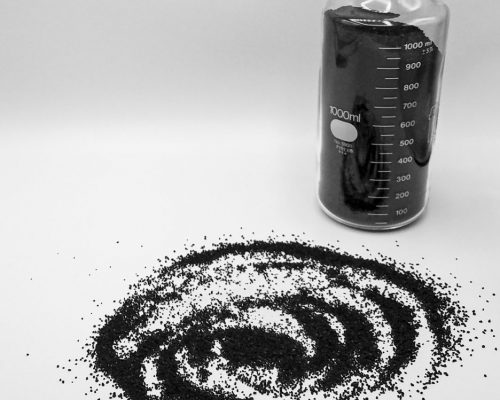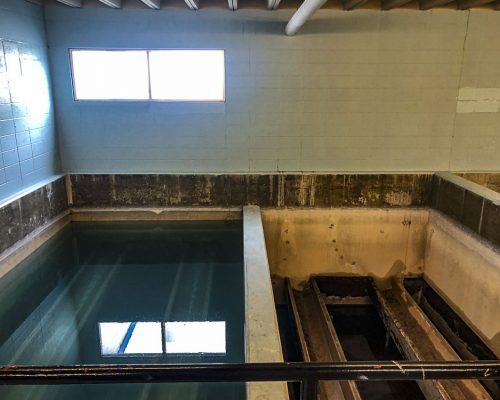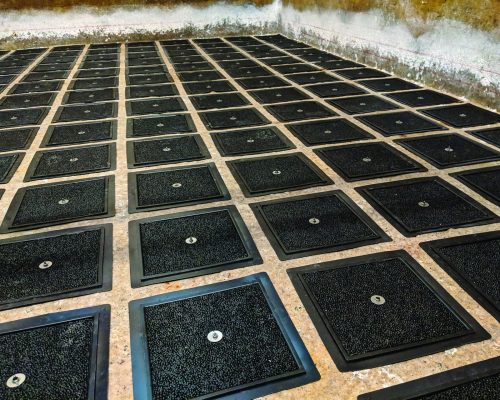PFAS from industrial companies has been leaching into the groundwater in communities across the nation for decades. Plainfield Township’s Water Treatment Plant (WTP) draws water from sixteen wells in three wellfields, and homes on the municipal water system were getting low levels of PFAS in their drinking water. While Plainfield’s WTP output was well below the EPA advisory level after shutting down one wellfield, the Township wanted PFAS levels as low as possible.
Prein&Newhof helped the Township perform a pilot study to determine if modifying existing rapid sand filter beds in the water treatment plant with GAC would reduce the amount of PFAS in the water supply. The grant covered the cost for modifying five existing filters and for extensive testing of raw and treated water for PFAS and other contaminants. The pilot program and construction, unique in that it was being done on a fully operational water system, included three phases to test different configurations to find the optimal design for removing PFAS. The first year of testing demonstrated that the modified filters successfully met all current water treatment requirements while also removing PFAS.
The expansion involves removing the current filtering materials and altering the filter bottoms with inserts to support the change to GAC filtration. Work has been completed raising the piping to allow for a 52-inch thick bed of GAC filtration material, compared to the previous 37-inch bed of traditional filtration media.
Construction for the pilot project completed in fall of 2018 replaced filter media in five of the water plant’s filter beds with GAC, allowing the plant to treat up to 9 mgd. A subsequent project replaced three more filter beds with GAC media, raising the treatment output to 12 mgd and allowing even peak summer demands to be fully treated with GAC filtration. The water plant’s four remaining filters were not configured to accommodate the GAC filters, but the Township has made plans to modify these filters—two in 2020 and the final two in 2021.
When the project is finished, the Township will have 16 million gallons per day capacity under GAC filtration. Currently the plant has pumped an average of 2.6 million gallons of water per day this winter and averages six million gallons per day during the summer months, with past peak demand nearing 11 million gallons on hot, dry summer days.
This pilot study is foundational for future municipal treatment of compounds like PFAS, which will continue to be at the forefront of public awareness, and has already been beneficial to other municipalities facing similar drinking water challenges.




